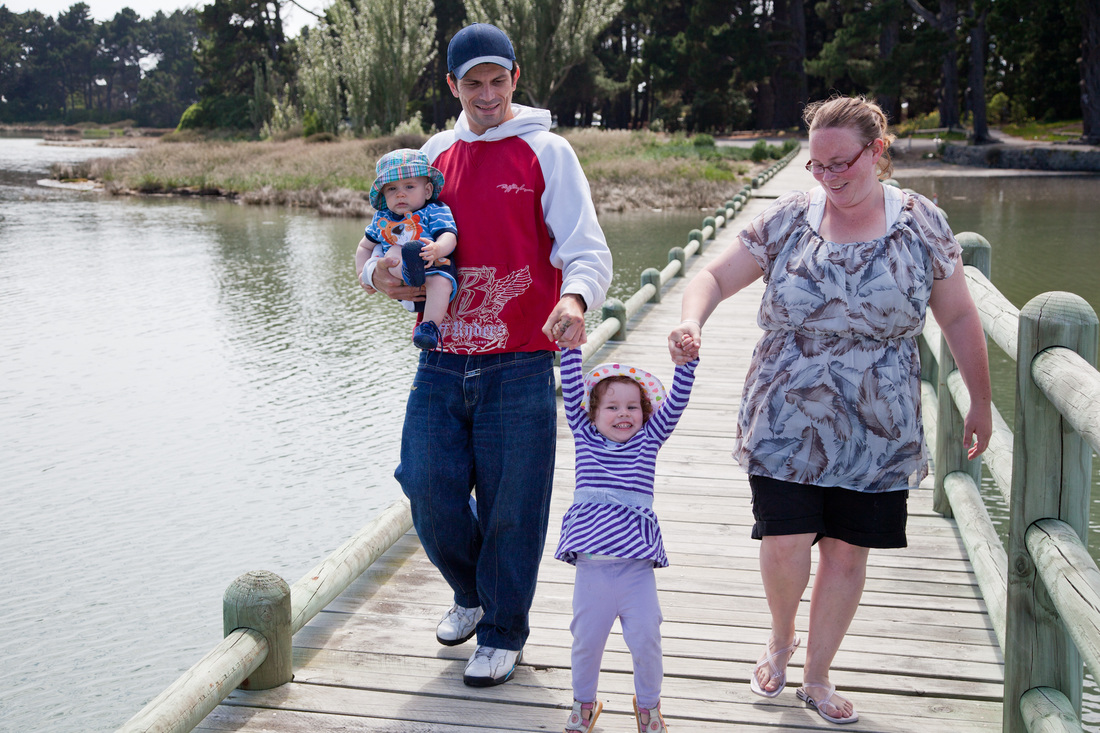If you are here you are either struggling or know someone who is struggling with abusive practices. Over the past 30 years I've worked with literally hundreds of men who have struggled to overcome the lesson they learnt in their families which is... “Abusive practices are okay and work to get you what you want.” I want to say that despite the messages we get as men that 'using abusive practices is okay', abusive practices are bad news for everyone and impact on everyone involved in negative ways. The good news is that these are learned behaviours and with persistence and effort it is possible to overcome these and have a good life. A good life has huge benefits for us as men and for all of the other people in our lives. As you work through the material in this site you will gain three core skill sets which are...
The one thing that clearly wrecks a relationship is the use of abusive practices. But you know that anyway so let’s move on to getting specific about what they actually are. What are abusive practices? Look at the list 'What are abusive practices' below and identify which of the behaviours you have used in your relationships. Be as honest as possible. It's not easy facing up to situations where we've hurt others but unless we do, then we cannot do the work we need to do to move on with our lives. What are abusive practices?List of abusive practices
You are not alone if you answered yes to any of these statements.
Hundreds of men in groups I have worked with have made the decision to be honest and face the truth in these statements. It's not easy to admit that you've behaved in ways that has hurt others. It takes a lot of courage and strength. When we as men begin to share our stories with each other we often find that we have shared experiences. We have been hoodwinked by our upbringing into believing that men should be strong, silent and resilient. ‘We have not been encouraged to tell our stories and reach out for the kind of help and support we need. Times are changing, and every day I come across men who are prepared to stand up against the dominant story of silence and speak about themselves. This site will be a useful tool for you when you begin to explore your story. Working in isolation is not always the best way. Some men find it useful to have the support of other men who are also working through these issues. If this sounds like you phone your local health centre or find more information on local stopping violence or anger management programmes. Whether you are beginning or already well on the way, this site will give meaning to your experiences and help to affirm the changes that you've already made. I find it useful to re-examine aspects of my own behaviour from time to time, as this sustains me in resisting the invitations to relapse into old ways of behaving. If you would like to dig deeper into abusive practices, then check out the post 'Digging deeper into abusive practices... 'The abusive practices checklist'. Until the next time...
0 Comments
Leave a Reply. |

